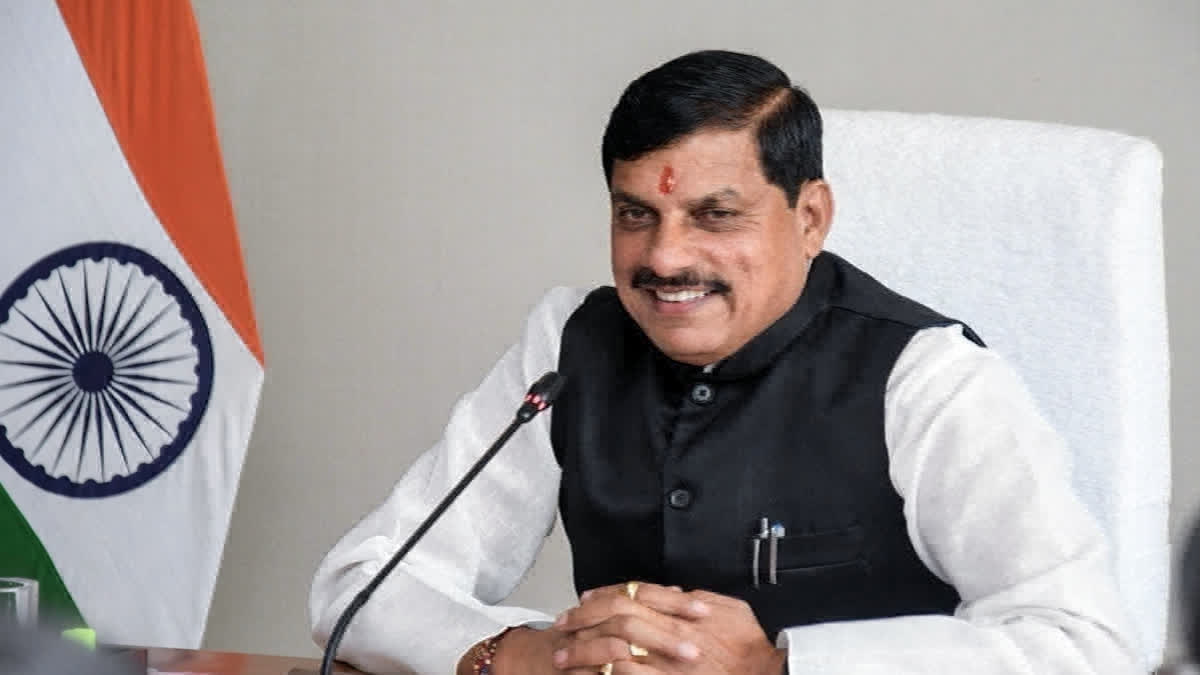Bhopal: Madhya Pradesh has become the first state in the country to bring a dedicated Global Capability Centre (GCC) policy that looks to position the state as a leading hub for global innovation and collaboration. The Madhya Pradesh GCC Policy 2025 combines incentives for capital expenditure, payroll, upskilling, and research and development with a designated nodal agency responsible for its implementation, according to a state government note.
The policy targets sectors such as IT, finance, engineering, human resources, and emerging technologies, with a particular emphasis on artificial intelligence (AI) and cybersecurity. This groundbreaking policy is India's first dedicated framework for fostering GCC growth in tier-2 cities, signalling a strategic shift towards decentralizing business hubs beyond traditional metro cities.
The policy is aimed at attracting over 50 GCCs and generate more than 37,000 direct jobs, thereby establishing Madhya Pradesh as a centre of excellence for IT/ITeS, advanced analytics, R&D and digital transformation. By facilitating foreign investments and encouraging infrastructure development, the state aims to create a solid ecosystem that caters to multiple industries, including automotive, pharmaceuticals, logistics, textiles, aerospace and emerging technologies like AI and cybersecurity, the note said.
The policy was unveiled ahead of Madhya Pradesh's binennial Global Investors' Summit in Bhopal on February 24-25 that aims to attract investment and showcase the state's economic potential. The summit aims to highlight Madhya Pradesh's investment climate and industrial infrastructure, offering numerous opportunities for potential collaborations.
Madhya Pradesh presents a compelling value proposition for GCCs, offering a combination of strategic incentives, skilled talent, and infrastructure readiness. The rapidly growing IT/ITeS ecosystem shows that the state's IT sector has seen exports triple in the last three years, boasting an annual growth rate of 43 per cent.
The presence of skilled talent pool is another advantage, since with 300 plus engineering colleges producing over 50,000 tech graduates annually, the state ensures a steady supply of industry-ready professionals. Madhya Pradesh houses over five Special Economic Zones (SEZs), 15+ IT parks, and 150+ ESDM (Electronics System Design and Manufacturing) units across key cities like Indore, Bhopal, and Jabalpur which defines its infrastructure readiness.
There is also added cost advantage as businesses can significantly reduce operational costs compared to metropolitan cities, making Madhya Pradesh a cost-effective alternative for global firms. Ranked 4th in the Ease of Doing Business Rankings (2023), the state's business-friendly governance offers streamlined regulatory processes, single-window clearances, and investor-friendly policies.
The note said the Madhya Pradesh State Electronics Development Corporation Limited (MPSeDC) will act as the nodal agency responsible for implementing the policy. A dedicated Policy Implementation Unit (PIU) will oversee project approvals, incentive allocation, and compliance monitoring to ensure seamless execution and investor support.
The Madhya Pradesh GCC Policy 2025 aims to transform the state & tier-2 cities into global hubs of innovation and excellence, nurturing an ecosystem where multinational corporations can thrive.
With its globally benchmarked infrastructure, policy-driven incentives and a strategic focus on digital transformation, Madhya Pradesh is well on its way to becoming a preferred GCC destination and contributing to India's vision of achieving a USD 110 billion GCC market by 2030. As global businesses seek cost-effective, innovation-driven destinations, Madhya Pradesh is ready to lead the next phase of India's GCC revolution, it said.
Madhya Pradesh is bundling infrastructure with its talent pool and cost effective business environment to attract companies to set up GCCs in the state. It has over 15 IT parks and 5 IT Special Economic Zones (SEZs), including prominent centers like Crystal IT Park and Infosys in Indore. Upcoming projects such as Knowledge City and Electronics Manufacturing Cluster 2.0 are set to further strengthen this ecosystem.
The state is home to more than 300 technical education institutions, producing over 50,000 technical graduates annually. Prestigious institutions like IIT Indore, IIM Indore, and IIIT Gwalior nurture a highly skilled workforce. Madhya Pradesh offers a cost-effective business environment, with operational and living costs significantly lower than those in metro cities, the note said.
By implementing the GCC Policy 2025, Madhya Pradesh aims to attract global tech centres, foster innovation, and contribute to India's digital transformation, it said.



